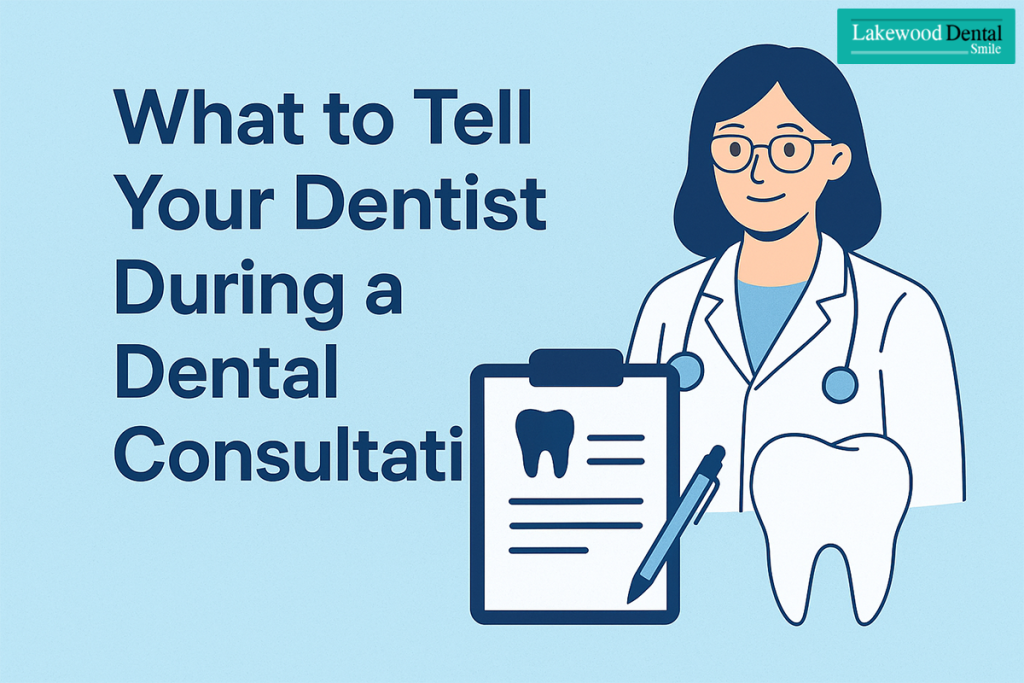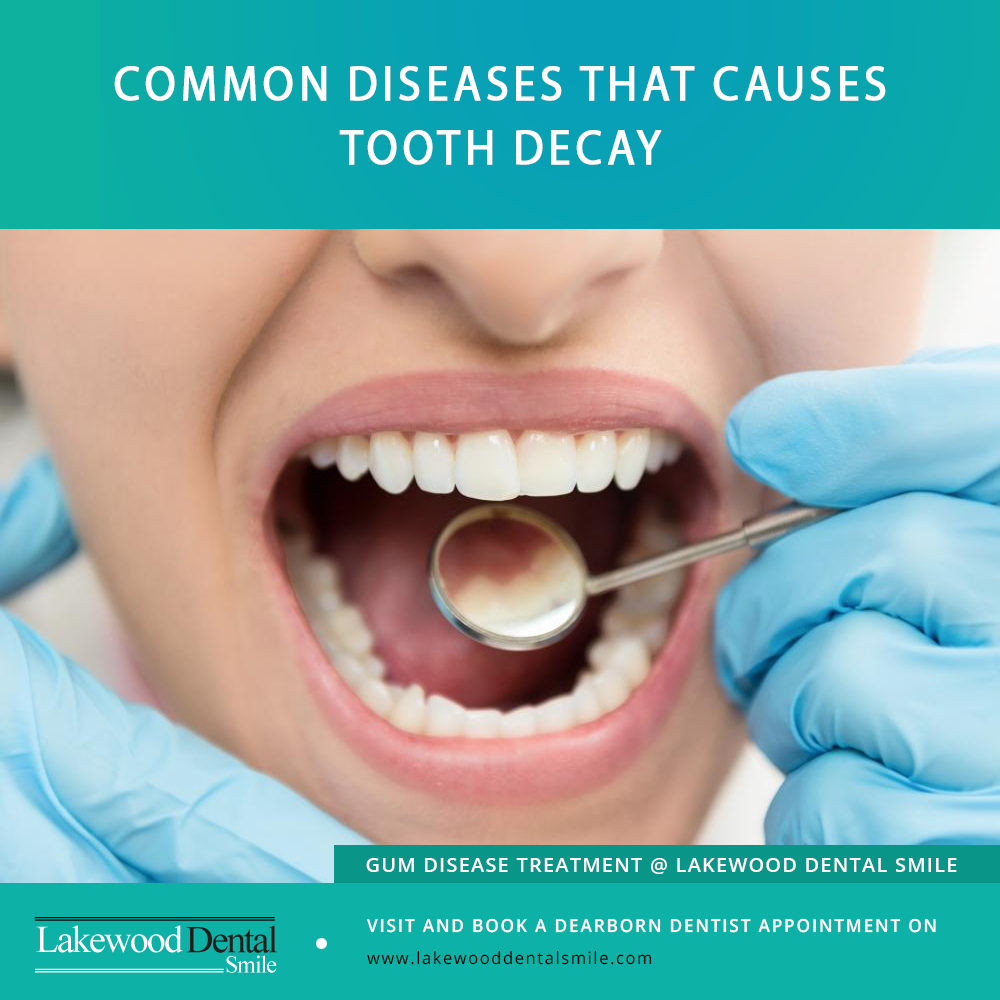Many people believe dental care is expensive, and tooth pain is one of the worst pains to endure. Because of this, patients often delay or avoid visiting the dentist. However, hiding important information from your dentist can make problems worse and lead to more pain and costlier treatments.

The next time you visit your dentist, make sure to share the following information:
- Prior Medical Conditions
Always inform your dentist about any medical conditions you have or have had in the past. Conditions such as diabetes, heart disease, or bleeding disorders can affect your oral health and how dental treatments are planned.
Be sure to:
– Share your complete medical history
– Mention all medications you are currently taking (including over the counter and supplements)
– Inform your dentist of any past surgeries or major illnesses
For example, diabetes can make you more prone to infections, and some medications may interact with dental treatments. Your dentist may adjust your care plan or recommend additional precautions.
2. Pain in Arms and Legs
If you experience frequent pain, tingling, or numbness in your arms or legs, don’t ignore it. While it may seem unrelated to dentistry, these symptoms can sometimes be linked to diabetic neuropathy (nerve damage caused by diabetes) or even reactions to excessive dental adhesive use.
Sharing this with your dentist helps them coordinate care with your physician and avoid treatments that could worsen your symptoms.
3. Fatigue or Constant Tiredness
- Sleep apnea (a condition dentists can often help identify and manage with oral appliances)
- Anemia, especially during pregnancy
- Mercury exposure from old metal fillings (though rare today)
Let your dentist know if you feel unusually tired so they can investigate possible oral health connections.
4. Frequent Headaches
Headaches are common, but they can sometimes be linked to dental problems, such as:
- Temporomandibular joint disorder (TMJ/TMD) – pain in the jaw joint that connects the skull and jawbone
- Bruxism (teeth grinding) – often linked to stress or sleep issues
- Untreated cavities or infections
If you suffer from chronic headaches, mention this to your dentist. They can examine whether your bite, dental work, or jaw alignment might be contributing.
5. Pregnancy
If you are pregnant (or planning to be), always inform your dentist. They will take precautions, such as:
- Avoiding unnecessary X-rays
- Adjusting medications if needed
- Taking into account pregnancy-related conditions, such as anemia or gum sensitivity
Final Thoughts
Your dentist isn’t just focused on your teeth—they’re part of your overall healthcare team. The more open you are about your medical history, daily symptoms, and lifestyle habits, the better your dentist can protect your oral and overall health.
If you’re in Dearborn, Michigan, you can schedule a consultation with Lakewood Dental Smile for personalized and compassionate care.





